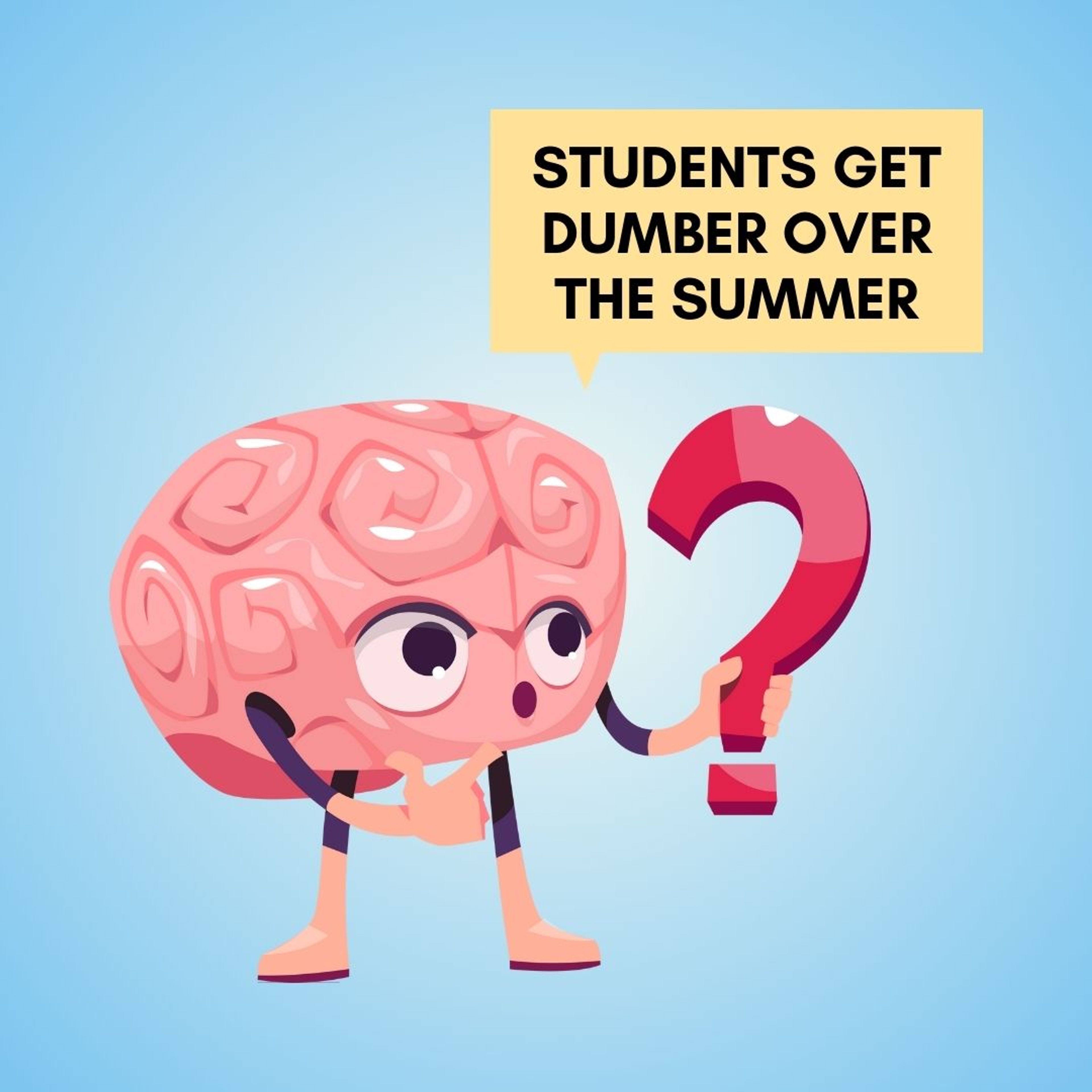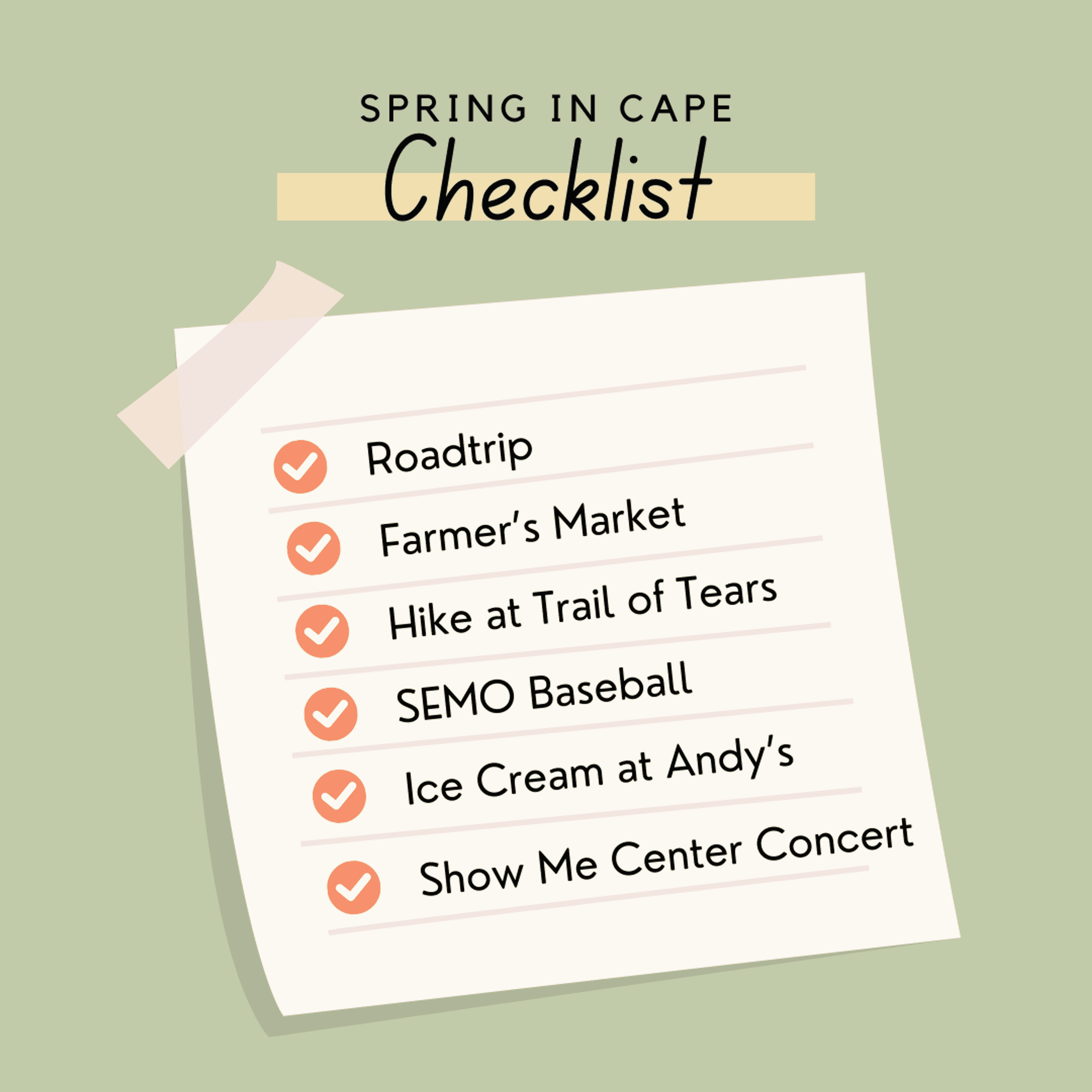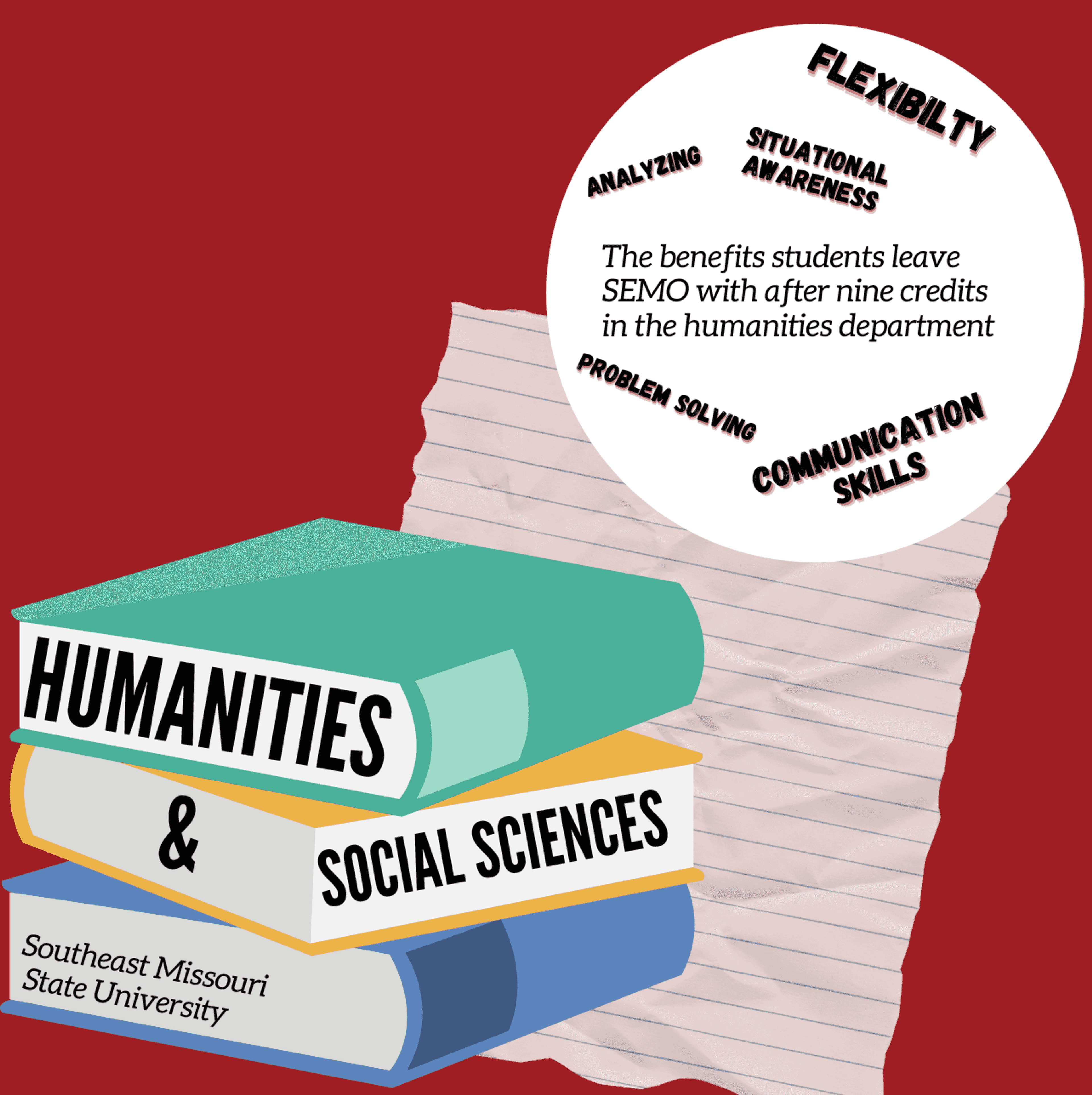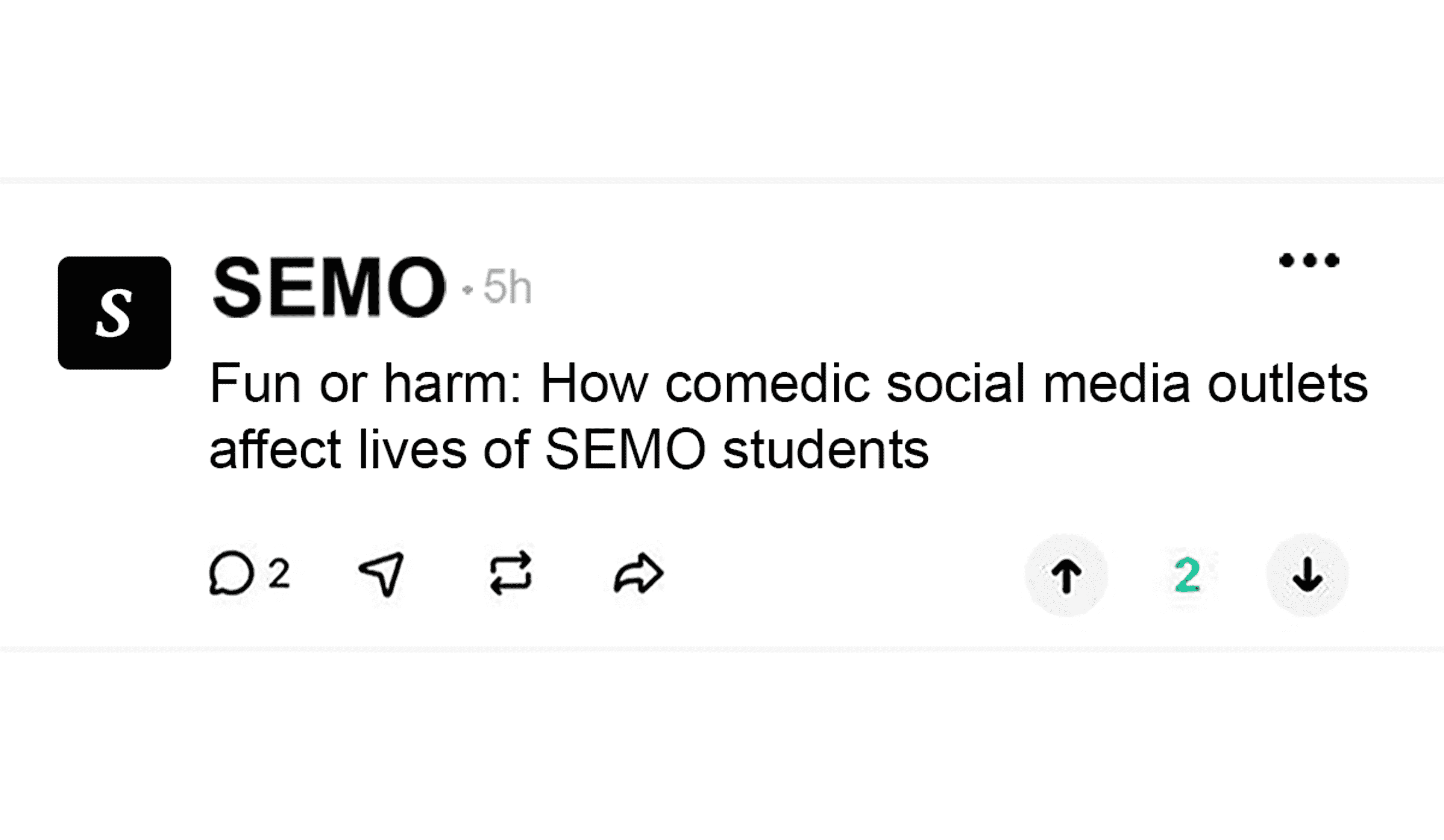Students fight ‘summer brain’ during the warm season
By the end of spring, students are crawling to the finish line of the semester, cramming for finals and then completely shutting off their brains for the summer.
By the end of spring, students are crawling to the finish line of the semester, cramming for finals and then completely shutting off their brains for the summer.
Senior Physical Education major Anna Smith and Junior Finance major Levi Fischer said feeling dumber over the summer is a common feeling among students.
Smith said that the spring semester is a struggle because she sees the summer light at the end of the tunnel, so all that matters is knowing the information for the final.
“I think students are so burnt out by the end of the spring semester that nothing is going to help them retain all of the information after finals,” Smith said.
Immediately after finals Smith likes to shut off the academic part of her brain and create a more lax routine compared to her school routine.
“When you are staying up until 1:00 a.m. some nights, obviously you don’t feel as smart as when you are going to bed at 10:00 p.m. consistently during the school year,” Smith said. “For me, there’s a lack of mental organization during the summer which means the academic stuff gets lost and covered with the things I care about in the summer.”
Some believe that a two-month break from learning is often needed for students to regain their motivation when the fall semester comes back around.
Fischer said he is thankful for the summer break even though it is hard to get back into the routine and uncover certain concepts when August comes back around.
“It takes me a few weeks to get back in the groove of learning again in the fall semester,” Fischer said. “It definitely helps when my professors give us time to review previous concepts because then it all starts to come back to me.”
Professors play a huge part in student’s ability to recall information to move on in their course.
Assistant Professor of Psychology and Counseling Kelly McEnerney said it’s not the repetition that helps students recall information. Instead, it is the way students relate the concepts to real-life situations.
“In my course there's a lot of individual bits of information that the book goes over and I try to create a story or theme so I can connect it all together,” McEnerney said. “Then you have not 50 separate facts that you're trying to remember but you have a theme that fits everything together so it's easier for you to remember.”
McEnerney has had first-hand experience with the method of teaching that she uses.
Students can set themselves up for success by learning information by connecting it to personal experiences, which allows the coursework to go into their long-term memory. That way, students can still shut their brains off for the summer but have an easier time recalling the information in August.
“When I was in college, I still remember some of the concepts that I learned because the professor had a really great example that I could relate to my own life,” McEnerney said. “Like one of them was a song that had so much meaning with the concept that I'll just never forget that concept because it's linked to a song that I liked at the time.”
McEnerney said students are not actually becoming less intelligent over the summer. They are storing the concepts they are learning during the semester in their short-term memory.
When students feel dumber during the summer months, remember that McEnerney debunked that theory.








